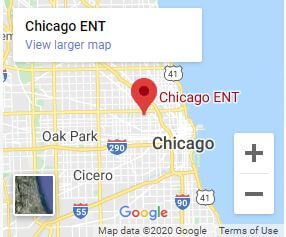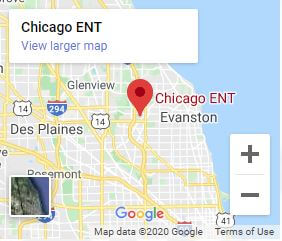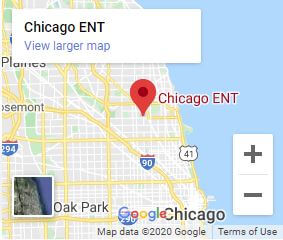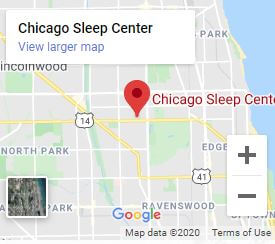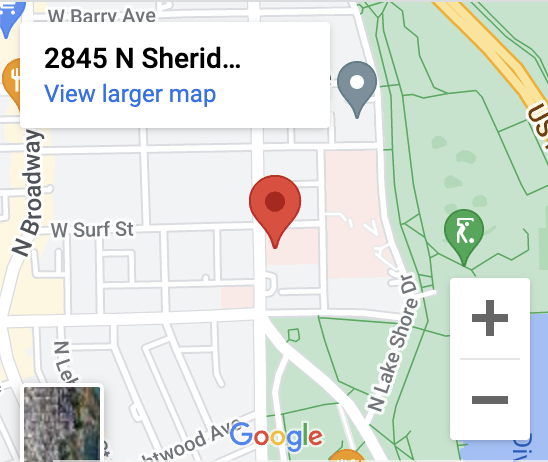As with all allergies, how your body’s immune system reacts to future allergic reactions to food is very unpredictable. The symptoms of a food allergy can change throughout your lifetime, decreasing or increasing in severity.
Even if you know that you’re allergic to a food, you may not have the same symptoms every time you have an allergic reaction. Keep reading to learn more about why food allergies happen, their symptoms, how they can change, how to know your allergies are worsening, and the benefits of allergy testing.
Why Food Allergies Occur

Most food allergies occur when your body’s immune system mistakenly treats a particular protein in a food, called an allergen, as harmful. It then releases an immunoglobulin E (IgE) antibody to defend you against this protein.
The next time you eat the same food with the allergen, IgE antibodies are ready to defend you from the perceived invader. These antibodies produce several chemicals, including histamine, that trigger an allergic reaction.
Any food can cause an allergic reaction. However, 90 percent of all food allergies are caused by these eight foods or food groups:
- Eggs
- Fish
- Milk
- Wheat
- Peanuts
- Soy
- Shellfish such as lobster, prawns, and crab
- Tree nuts like walnuts, pecans, Brazil nuts, pistachios, hazelnuts, cashews, and almonds
How to Know if You Have Food Allergies
Allergic reactions due to food happen shortly after you eat something containing the allergen. Symptoms typically start. These symptoms can include:

- Itching or tingling sensation in the mouth
- Stomach pain
- Diarrhea
- Sneezing
- Dry cough
- Hoarse voice
- Breathlessness
- Nausea or vomiting
- Being sick or feeling sick
- A runny or stuffy nose
- Raised rash or itchy skin
- Noisy breathing or wheezing
- Feeling dizzy or light-headed
- Swelling of the eyes, lips, tongue, throat, or face
How Your Food Allergies Might Change

Allergy symptoms tend to vary from person to person. Some people may outgrow their food allergies over time.
Often, this happens when you develop allergies at a young age. However, symptoms of food allergies in others may get worse with age.
Your immune system changes as you get older. Some of these changes can make it harder for your body to fight off allergies, exacerbating your symptoms.
It’s also possible to develop a food allergy to something you’ve eaten safely for years without any issues. Moreover, allergy symptoms may fluctuate from time to time.
You might find that a food that caused mild symptoms in the past may cause a severe reaction another time, and vice versa. You may only have mild to moderate symptoms like an itchy throat with a particular food but later experience a severe, life-threatening reaction known as anaphylaxis.
Although you may think you know, you can never be sure what will happen with your next allergic reaction to food. Symptoms of an allergic reaction can also vary with each food.
A reaction to a specific food might be mild, while another may be serious. This doesn’t imply that your food allergies are worsening.
It’s usually because allergic reactions to foods tend to fluctuate. That said, certain factors can make allergic reactions to food worse. They include:
- The type of food
- Alcohol
- Asthma
- Medication
- Amount of food eaten
- Exercise at almost the same time food is ingested
- Your overall health at the time of consuming the food
How to Know if Your Allergies are Worsening

A severe allergic reaction, also called anaphylaxis, is very serious. Anaphylaxis occurs when your immune system floods your body with numerous chemicals to fight off an allergen.
In extreme cases, anaphylaxis can be fatal without immediate medical attention. Within minutes of exposure to the food allergen, you may experience the following symptoms:
- Chest pain
- Feeling faint
- Rapid and weak pulse
- Trouble breathing or airway blockage
- Difficulty speaking or swallowing
- A sense of impending doom
- A drop in blood pressure
- Nausea or vomiting
- Severe swelling of the airways, throat, and mouth
- Loss of consciousness
- Respiratory or cardiac arrest
If you experience symptoms in two or more organ systems (cutaneous (skin), gastrointestinal, respiratory, and cardiovascular), it’s a sign of anaphylaxis. Once the symptoms of anaphylaxis begin, they usually progress quickly.
Knowing the signs of anaphylaxis and how to treat it is critical to saving your life. You must treat anaphylaxis immediately with an epinephrine injection, for example, EpiPen or Auvi Q.
Epinephrine is the only medication that can reverse the symptoms of anaphylaxis. After using epinephrine, seek emergency care immediately.
Importance of Allergy Testing

Food allergies can be dangerous and even fatal. You can better understand your food allergies and learn how to manage and treat your symptoms with proper testing.
This can improve your quality of life and save it if you suffer anaphylaxis.
Get to the Root of Your Food Allergies
Food allergies can be inconvenient and uncomfortable. They can also be extremely dangerous.
The experienced and highly skilled allergists at Chicago ENT take food allergies very seriously. We can determine what’s causing yours and provide a treatment plan that will work for you.
Do you suspect you have a food allergy? Schedule your appointment today at one of Chicago ENT’s five convenient locations to get the answers you need!











